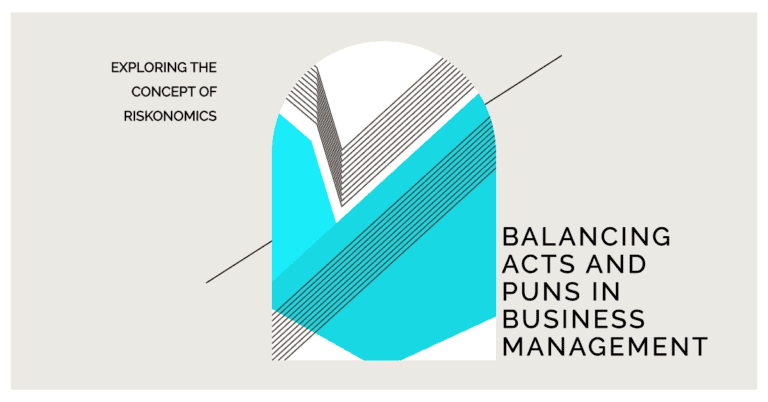It seems the world consistently demands more. It often becomes an arduous task to balance maximising productivity against minimising burnout. In this context, we revisit an age-old philosophy that advocates tranquillity in thought and action, Zen.
Zen principles can be just the tonic needed for the otherwise frenetic workspace. By marrying Zen and management, we venture into the world of Zen Management. This discipline challenges the conventional wisdom of “more hard work equals more success” and replaces it with a more potent mantra: “achieve more by doing less”.
The essence of Zen lies in mindfulness: being aware and in sync with the present, not hampered by an anxious mind constantly dissecting the past or trying to foresee the future. In Zen Management, this translates into an increased focus on the task at hand, leading to effective time and resource savings. This singular focus helps leaders prioritise effectively and contributes to a streamlined workflow where less is more.
For instance, take a manager who ropes a large team to work on multiple facets of a single project in the quest for an ideal solution. The manager is overwhelmed with input, and the team members, with their divided attention, struggle with productivity. On the other hand, a Zen Leader might approach this situation differently. They extract simplicity from the chaos by identifying key issues and aligning a smaller, focused team to work on them. The result? Less time spent on meetings, less confused communication, less burnout, but more successful execution.
The paradox of Zen Management, doing less, emphasises quality over quantity. The traditional notion of productivity is measured by the hours at work. However, Zen philosophy refutes this idea, highlighting the power of rest and rejuvenation. When a manager recognises that productivity is not intrinsically linked to clocked hours but to periods of focused, purposeful work interspersed with meaningful rest, the team’s overall well-being improves, and the output becomes more substantial. Hence, working less engenders more productivity and creativity.

Communication is another stronghold of Zen management. In a world of overflowing emails, constant notifications, and never-ending meetings, the goal becomes not about more communication but more effective communication. Minimising pointless meetings, pruning lengthy emails, and promoting clear, concise expression reduces miscommunication, heightens team morale and generates more time for fruitful endeavours.
A Zen manager creates a harmonious workplace environment emphasising mutual respect, self-discipline, and poise in adversity. Encouraging an environment where employees feel valued fosters a more engaged, productive, and loyal workforce. Simultaneously, it curbs attrition rates and absenteeism, leading to sustainable success. Zen managers cultivate a compassionate, empathetic leadership style, recognising that their teams are human, not machines. By understanding the unique needs of each member, they can create a work culture that motivates employees to bring out their best without the compulsion of overworking.
Zen Management is about simplifying the complex, focusing on what truly matters, and practising mindful leadership. Zen Management can transform ordinary managers into remarkable leaders through smarter work paradigms and enlightened leadership. It challenges the dogmas of modern work culture and replaces them with humane, sustainable, and practical strategies that promote maximum productivity with minimal stress.
Final Thoughts
Zen Management is not about encouraging indolence but fostering mindfulness, simplicity, and efficiency. It urges us to strip away the superfluous and concentrate on the fundamentals.
This unique leadership style reminds us that less is often more and that tranquillity, clarity, and empathy can coexist with ambition, efficiency, and success.
By integrating Zen into management practices, leaders can indeed achieve more by doing less, a contradiction that could redefine modern work ethos.






